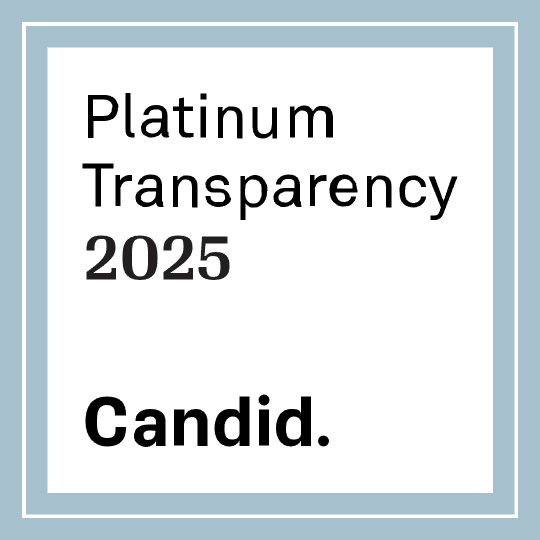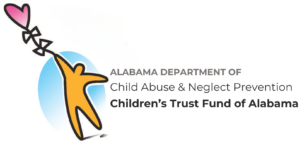Addiction is not something that develops overnight. It is the cumulation of risk factors, including both genetic and environmental factors, mental or emotional challenges, and repeated substance abuse.
If you ask an addict or someone in recovery about the first time they got high, you’ll likely find that the first time they used drugs was innocent. Either they were prescribed something by their doctor or decided to experiment like so many young people do. However, over time, their substance abuse escalated into something more serious–something that was no longer in their control.
With the right treatment, anyone can recover from addiction. However, it’s important to note that recovery is an ongoing process. Just like how addiction doesn’t happen overnight, recovery doesn’t, either. While relapse is a part of recovery for some people, it can be encouraging to know that relapse also doesn’t happen overnight. Usually, relapse occurs in stages, and it is a process during which there is time to intervene before actually picking up drugs or alcohol.
By understanding the different stages of relapse, how they escalate to the next stage, and how to prevent this escalation, you can help yourself or a loved one stay on the right path.
Understanding the Stages of Relapse
Relapse is often understood as a process rather than a single event, and it can occur in three distinct stages.
1. Emotional Relapse
Emotional relapse refers to the initial stage where emotions and behaviors set the stage for potential substance use. During this stage, you may not be actively thinking about using drugs or alcohol, but your emotional state and behaviors make you more vulnerable to relapse in the future.
Common signs of an emotional relapse include:
- Isolating from social interactions
- Neglecting self-care
- Suppressing or ignoring your emotions
- Experiencing high levels of stress, anxiety, or depression
- Reverting to unhealthy coping mechanisms such as avoidance, denial, or self-harming behaviors
- Skipping support group meetings or therapy sessions
- Veering away from your treatment aftercare plan
By identifying and addressing emotional relapse early on, you can take proactive steps, or encourage your loved ones to do so, in order to prevent a return to substance use. This may include reaching out for support, practicing self-care, and using healthy coping strategies to manage emotions effectively.
2. Mental Relapse
Left untreated, emotional relapse can escalate to a mental relapse. Mental relapse is the stage in the relapse process where you experience a mental battle between the desire to use substances and the commitment to remain sober. Unlike emotional relapse, where you may not be actively thinking about using drugs or alcohol, in mental relapse, the thought of using substances becomes more prominent and intense. It may begin to occupy more of your headspace.
Common signs of mental relapse are:
- Experiencing drug cravings similar to those you experienced in early recovery
- Glamorizing past drug use and forgetting about the negative consequences
- Fantasizing about using drugs and alcohol
- Trying to convince yourself you can control your substance abuse
- Justifying reasons to use substances
- Talking to or spending time with old friends who use drugs or alcohol
- Making plans or excuses for a relapse
- Minimizing the potential consequences of a relapse.
A mental relapse can be viewed as a sort of “tipping point.” At this stage, you can either take action to treat your addiction and stay in recovery, or you can give in to the allure of getting high again.
Recognizing the signs of mental relapse and implementing coping strategies can help you navigate through this stage and prevent a full-blown relapse. This may involve reaching out for support, talking to your sponsor, spending more time with your support group, practicing mindfulness and relaxation techniques, and engaging in activities that promote well-being and sobriety.
3. Physical Relapse
Physical relapse is what people usually think of when they hear the word “relapse” as it pertains to addiction and recovery. It refers to actually using substances after a period of abstinence. Physical relapse is the culmination of emotional and mental relapse, where your thoughts, emotions, and behaviors lead to the decision to use drugs or alcohol.
Signs of a physical relapse include:
- Actively seeking substances or drug dealers
- Using drugs or alcohol
- Binging on drugs or alcohol
- Being unable to stop or moderate substance use
- Compulsive behaviors
Experiencing a physical relapse can feel very defeating, but it isn’t a reason to give up on your recovery nor is it a sign of failure. Instead, it’s an opportunity to learn from the experience, identify triggers and vulnerabilities, and recommit to the recovery process.
If you relapse on drugs and alcohol, consider talking to your sponsor, asking for help at a meeting, or going to treatment. Taking the time to analyze what caused your relapse and the signs that you missed can help you prevent a relapse in the future.
Tips for Preventing Addiction Relapse
No matter where you’re at in your recovery journey, there are things you can do each and every day to care for your mental well-being and prevent relapse.
- Build a strong support system
- Attend regular therapy sessions
- Participate in support groups
- Practice self-care
- Identify your triggers
- Avoid your triggers
- Come up with a plan to deal with triggers
- Celebrate your milestones and achievements
- Practice healthy coping skills, such as:
- Journaling
- Breathing exercises
- Yoga
- Meditation
- Art
- Physical exercise
- Spending time in nature
- Reaching out for support
- Positive affirmations
- Reading a book
- Creative expression
Lastly, be persistent, and don’t give up. Recovery is a journey, and it’s normal to face challenges and setbacks along the way. Be patient with yourself, practice self-compassion, and remember that every day sober is a step forward.









